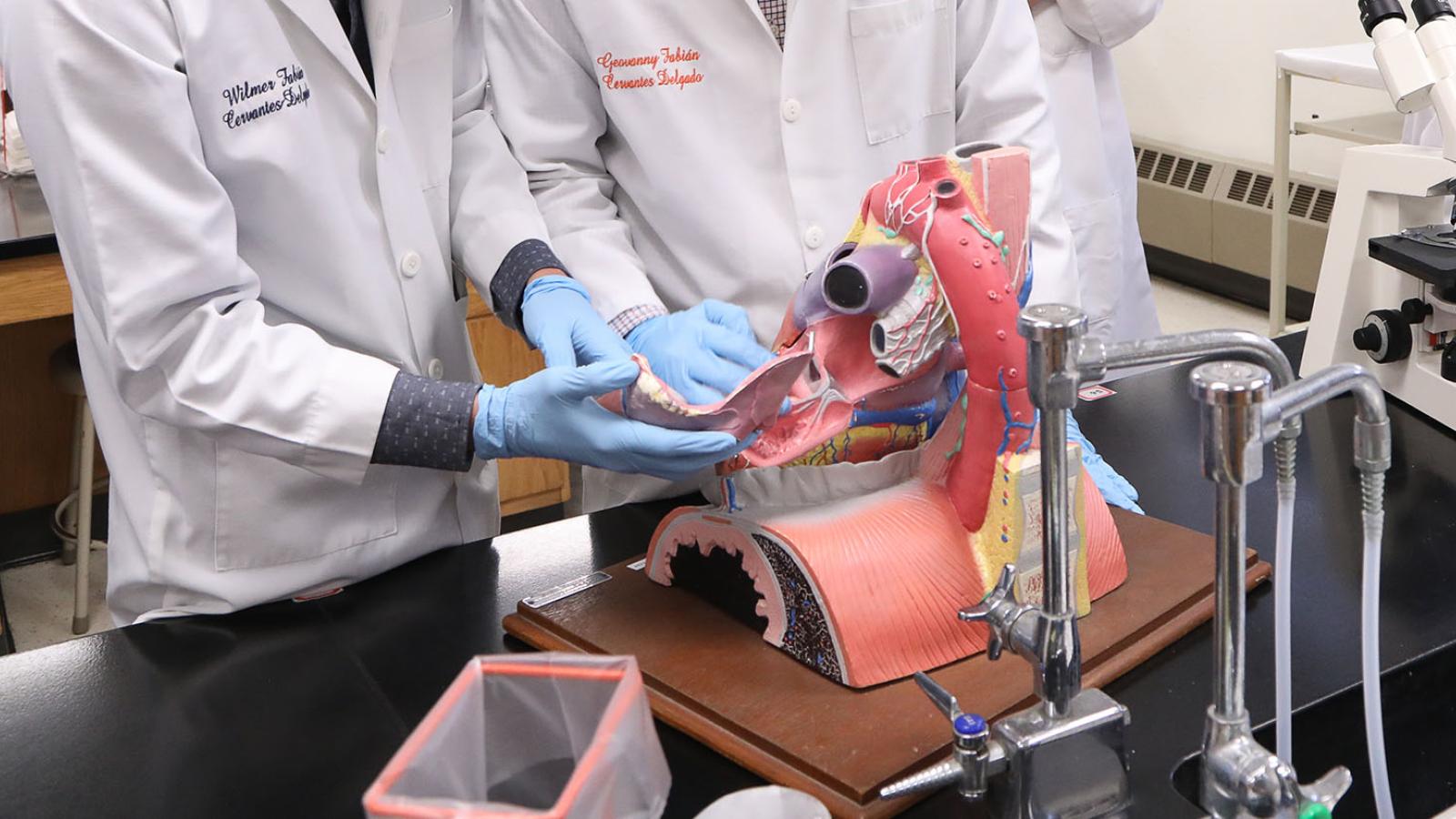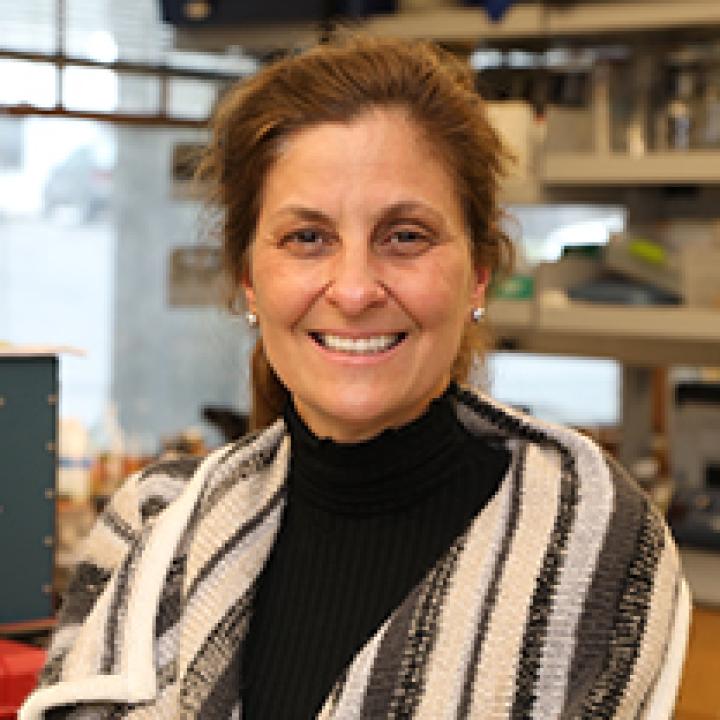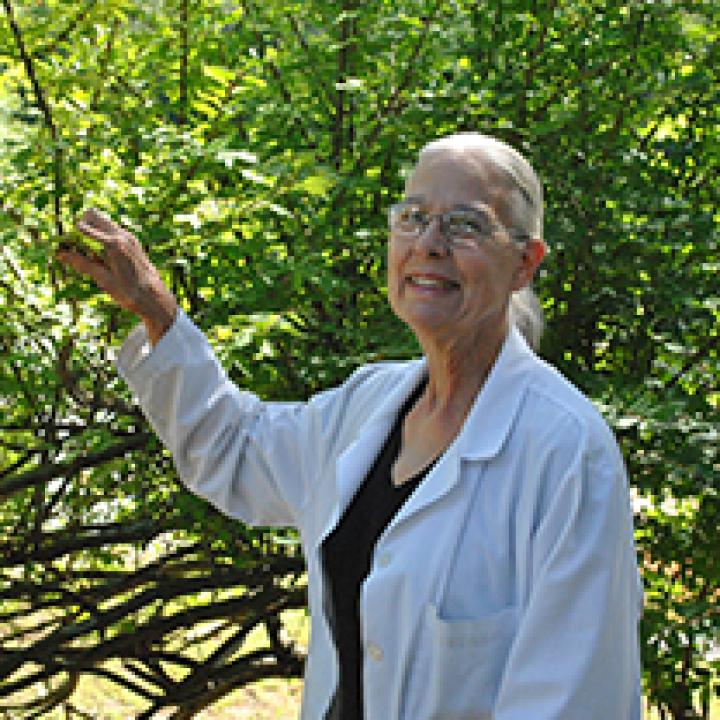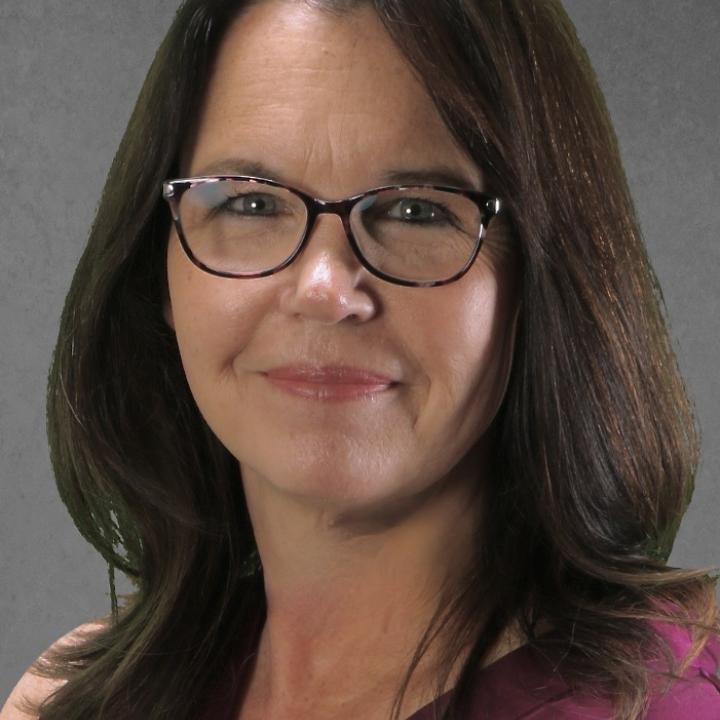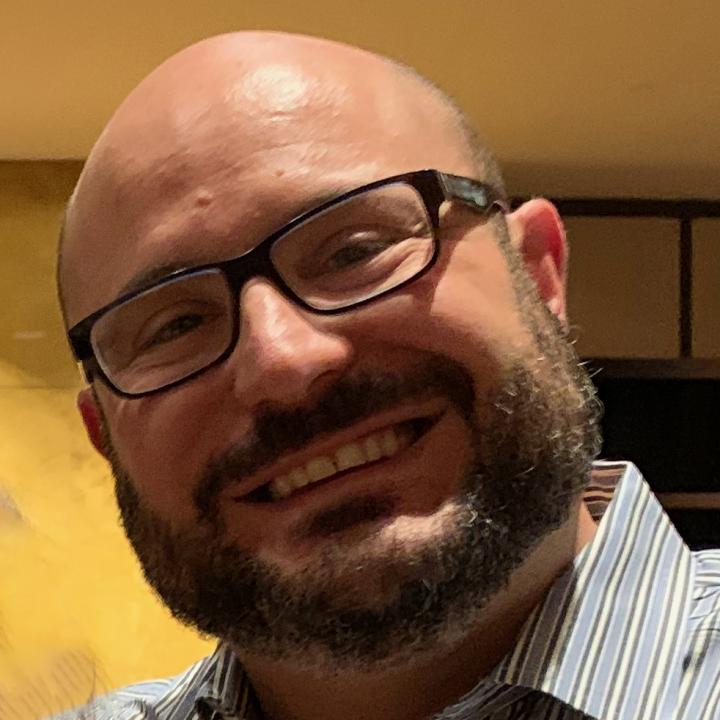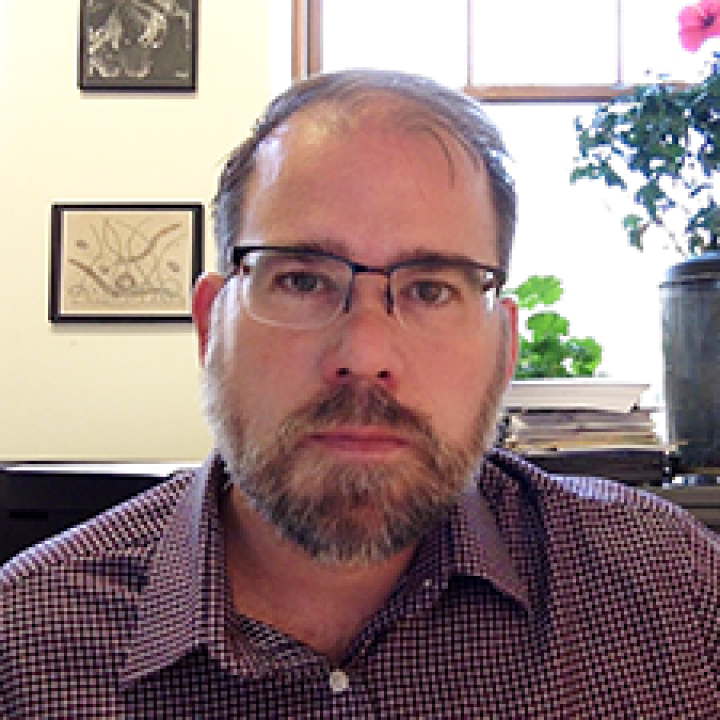Mammalian Conservation and Ecology
My primary research interest is mammalian spatial ecology - understanding how ecological and manmade elements influence home range size and location for particular species. My research emphasizes conservation biology because I work with species whose populations have been seriously altered as a consequence of habitat degradation and fragmentation. In addition to wildlife biology, conserving these species requires an intimate knowledge of political and legislative systems, and community-level human dimension practices. I have worked with a range of species, including mountain lions, Florida panthers, bobcats, coyotes, and Florida burrowing owls. My international research includes conservation projects for the puma, guanaco, and vicuna in South America and conservation of Neotropical cats (ocelots, jaguars, jaguarundis) along the U.S.-Mexico border.
Cardio-Vascular Biochemistry
My research focuses on cardio-vascular biochemistry. This describes the basic connections between metabolism, cell energetics and heart failure. Recent studies have suggested that differential protein expression in various tissues during early stages of heart failure (HF) may contribute to symptoms. My investigations explore the role of enzymes involved in cell energy production and the complications that ensue when key pathways are compromised. The effects of HF on heart tissue and other organs are compared by tracking isoenzyme banding patterns of proteins involved in ATP production. Results indicate that physiological changes in end stage HF may be a consequence of complex metabolic alterations rather than single organ failure.
UNV 101 advisor and BIO 491 advisor
Cancer Biology
Dr. Krucher was recently awarded a $399,135 grant from the National Institutes of Health and National Cancer Institute entitled “CDK4/6 Resistance: An Alternate Strategy to Target RB Phosphorylation in Cancer.” This grant will fund her important work which could lead to new treatment strategies for certain types of cancer; it will also support undergraduate research. "Therapies used to treat cancer patients often become less effective over time, a phenomenon called 'resistance.' This grant will allow Pace students and I to study the biochemical mechanisms of resistance that occur in breast and pancreatic cancer treatment."
Animal Behavior
The objective of my research program is to increase our understanding of how both proximate and ultimate factors, including adaptations facilitating the detection and assessment of biologically relevant sensory information, can shape the communication systems of animals. I have found that anuran amphibians (frogs and toads) are ideal organisms with which to pursue this goal. I have worked in both the tropics and temperate zone and used field and laboratory-based methods to address questions of interest.
Molecular Biology and Bioinformatics
Hearing loss is an increasingly common and burdensome public health issue in modern societies. The majority of hearing loss cases are caused by the death or deterioration of sensory hair cells in the inner ear, which in humans are not naturally regenerated. My group aims to understand how these delicate cells might be regrown to restore hearing. To achieve this goal we use the tools of molecular biology, bioinformatics, and microscopic imaging to study how sensory hair cells are naturally regenerated from stem cells in the zebrafish. We hope that our work will contribute to the future development of therapies for hearing loss.
Department Chairperson
Microbiology, Animal-Microbe Symbioses
I am broadly interested in the effects of beneficial bacteria on animal host tissues. My lab is currently investigating the symbiosis between the benthic Hawaiian bobtail squid, Euprymna scolopes, and the bioluminescent bacterium, Vibrio fischeri. One of the aims of my research is to examine the early developmental changes in the squid light organ in response to the symbiotic bacteria. Projects in my lab have included identification of the microbial communities associated with healthy and diseased coral tissues, isolating symbiotic bacteria associated with the squid accessory nidamental gland as well as identifying free-living spirochetes isolated from the Hudson River.
